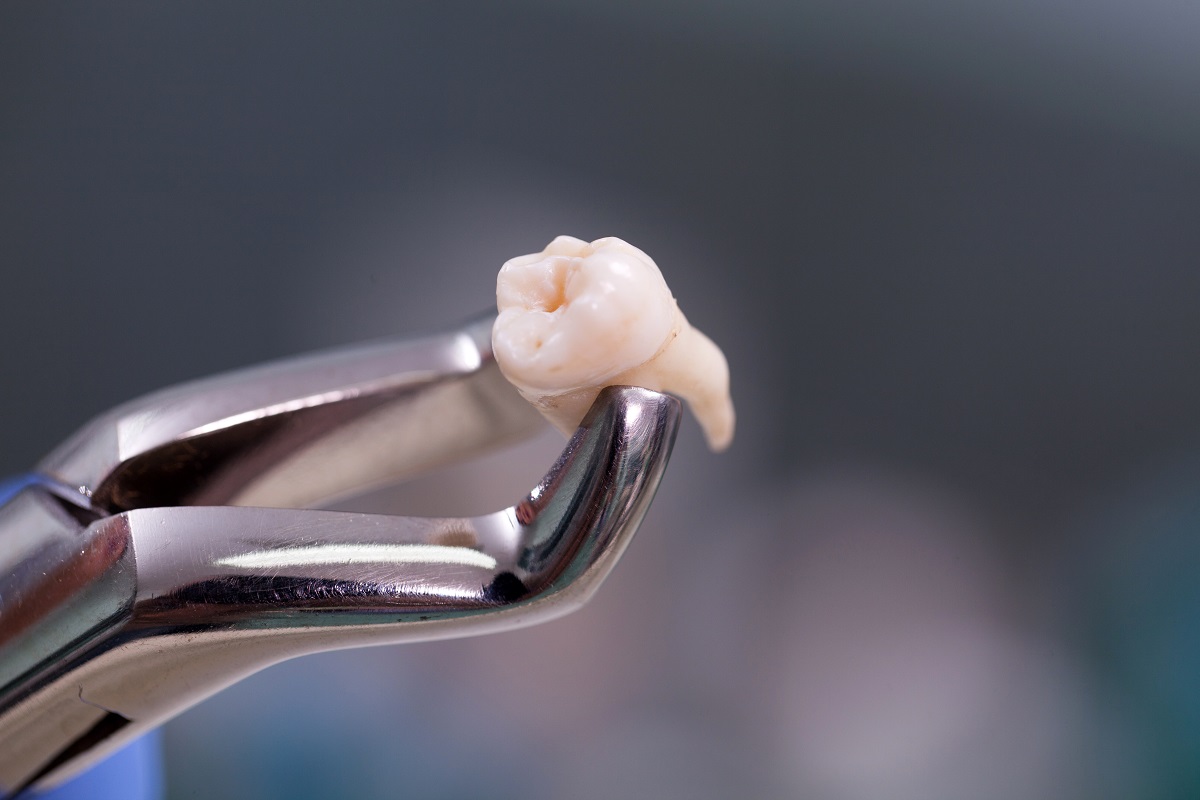Wisdom teeth are lower third and upper molars that are found at the very back of the mouth. They’re so-called because they usually surface when a person is between 16 and 21 years old — which is when they’ve acquired some “wisdom” in life. They don’t normally need to be removed if they’re healthy and have grown in properly, and some individuals may even keep their wisdom teeth throughout their entire life.
However, there are certain circumstances where wisdom tooth removal is necessary. As with everything, there are pros and cons to this decision. To help you figure out if this is the right choice for you, below are the telltale signs that an extraction is required as well as the dangers of having it removed or not.
Impacted Wisdom Teeth
The most common reason for a wisdom tooth extraction is if the tooth is impacted, meaning it doesn’t have an ample amount of space to rise from the gums and grow naturally. Sometimes, impacted teeth may cause bleeding of the gums, bad breath, and swelling of the gums and jaw. This isn’t always the case though, and the problem may not always be as obvious. In these instances, an oral surgeon or dentist may require you to get an x-ray to clearly see exactly what the problem is.
Cyst Formation
A cyst is a sac of tissue that contains either pus, air, or fluid. Cysts can form near a wisdom tooth and become incredibly painful, and even hazardous to your health. If not addressed immediately, it can compromise the bone and nerve endings around the jaw. The infection can also become too severe that a tumor may form in the area and require immediate surgery.
Improper Growth
Wisdom teeth that grow sideways or crooked results in crowded teeth. This may either damage the surrounding teeth or cause it to move and become misaligned. Since they can’t be treated with braces, they have to be removed. Your oral surgeon or dentist will decide whether you need to have either all of your wisdom teeth removed or only some of them.
Pain
If you feel pain and discomfort in the area where your wisdom teeth are, then you should consult with your dentist so that they can recommend you for an X-ray or an evaluation. This is especially important if the pain is caused by eating. It may be possible that food is getting caught between the teeth and the gums. Either of the aforementioned tests will reveal whether the wisdom teeth are the actual issue or if there are other problems to address that may be causing the pain.
Sinus Problems
The sinuses are located close to the top jaw close to where the upper half of the wisdom teeth are. If the wisdom teeth grow too close to the sinuses, they can put pressure on them as they rub against them. This can cause congestion, sinus pain, and headaches. While this is quite a rare occurrence, it does happen, and thus an extraction may be necessary.
Swollen and Painful Gums
Wisdom teeth that have only erupted halfway can result in swollen and painful gums. This is a condition known as pericoronitis, which is essentially an infection of the tissue surrounding the wisdom teeth, particularly if they’re only partially impacted. When left untreated, it can lead to swollen lymph nodes near the jaw, persistent fever, and jaw pain and stiffness.
What are the risks to having it removed vs. not having it removed?

Your dentist or oral surgeon will help you weigh the benefits and drawbacks of removing a wisdom tooth and whether this is the best choice for you. But there are also some things to know when considering getting this procedure done.
If you decide to have your wisdom teeth removed, you may experience pain and numbness in your jaw or gums where the tooth was. The numbness usually disappears after a short period, but in some cases, it may not. You may also encounter difficulties with opening your jaw. As with all surgical procedures, there is a risk of complications or even death due to the general anesthetic.
On the other hand, if you choose not to have it removed, any problems that you’re experiencing in that area may worsen. This could lead to infections, cavities, damage to the surrounding teeth, gum disease, and misalignment of the jaw. It may also make it difficult for you to get any orthodontic treatments in the future should you need it.
Should you get a wisdom tooth extraction?
Although this is a common procedure, you still have to weigh the benefits and the risks of getting it done. The decision to get a wisdom tooth extraction will depend on the discussions that you and your dentist or oral surgeon have. So, it’s recommended that you speak to them first and have your teeth thoroughly evaluated before you make your choice.
